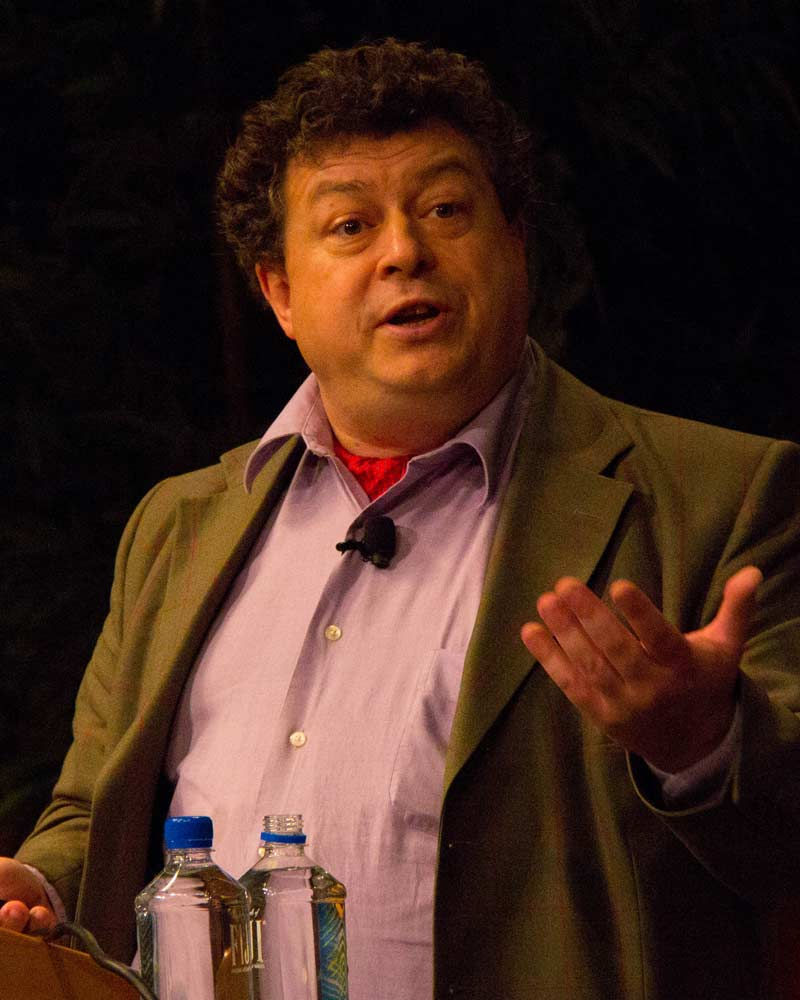Why Rory Sutherland is a Genius of Marketing
- Novus
- May 30, 2024
- 2 min read
When it comes to marketing, few figures are as influential and innovative as Rory Sutherland. Vice Chairman of Ogilvy UK and a pioneer in applying behavioural economics to advertising, Sutherland's insights have transformed how marketers approach consumer behaviour and strategic planning. This blog delves into why Rory Sutherland is regarded as a genius of marketing, exploring his unique philosophies and groundbreaking ideas.
Understanding Human Behavior
One of Sutherland's core tenets is the recognition that human behaviour is often irrational, driven more by subconscious biases than by logical reasoning. This understanding is crucial for marketers aiming to influence consumer decisions. Sutherland famously stated, “The human mind does not run on logic any more than a horse runs on petrol” (ShortForm). This highlights the importance of psychological insights over purely rational analysis in crafting effective marketing strategies.
Sutherland's concept of "psycho-logic" underscores the idea that consumer decisions are heavily influenced by emotional and psychological factors. This perspective encourages marketers to delve deeper into understanding these hidden motivations. For instance, he emphasizes that “We don’t value things; we value their meaning. What they are is determined by the laws of physics, but what they mean is determined by the laws of psychology” (ShortForm). This principle is instrumental in creating compelling narratives and branding that resonate on a deeper emotional level with consumers.
The Power of Irrationality
Sutherland's embrace of irrationality as a powerful tool sets him apart from traditional marketers. He argues that what might seem illogical can often be more effective in capturing attention and driving behaviour. This approach is evident in his critique of data-driven marketing: “Big data all comes from the same place – the past. A new campaigning style, a single rogue variable or a ‘black swan’ event can throw the most perfectly calibrated model into chaos” (42Courses). Sutherland warns against over-reliance on past data, advocating instead for creativity and flexibility in marketing strategies.
His book "Alchemy: The Dark Art and Curious Science of Creating Magic in Brands, Business, and Life" elaborates on this idea, exploring how unconventional thinking can yield extraordinary results. He writes, “To practice alchemy is to embrace uncertainty and see it as an opportunity for growth” (The Best Book Summary App | Bookey). This mindset encourages marketers to view challenges and unpredictability as fertile ground for innovation and creativity.
Marketing Creativity and Cross-Disciplinary Innovation
Another aspect of Sutherland’s genius lies in his advocacy for cross-disciplinary innovation. He believes that the best ideas often emerge at the intersections of different fields. “The best ideas do not emerge within disciplines; they emerge at the intersections between them” (42Courses). By breaking down traditional silos and fostering collaboration between diverse fields, marketers can develop more holistic and innovative strategies.
Sutherland’s own career exemplifies this approach. His work integrates insights from psychology, economics, and even evolutionary biology to create more effective marketing campaigns. For example, he draws on evolutionary principles to explain why certain marketing tactics resonate more with consumers, such as the importance of novelty and distinctiveness in capturing attention.


Comments